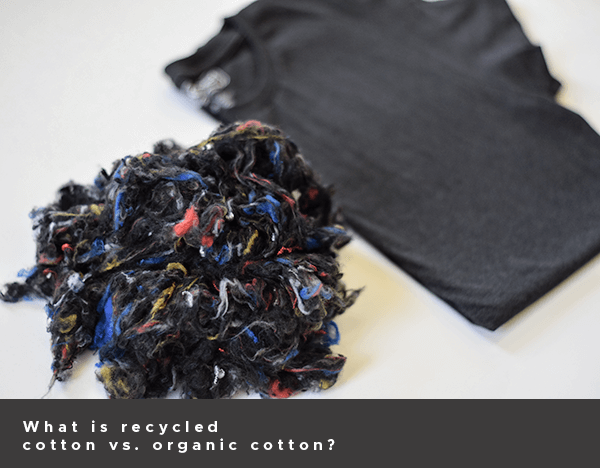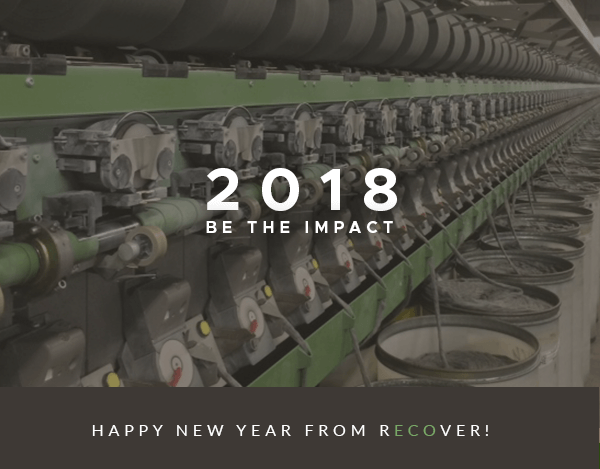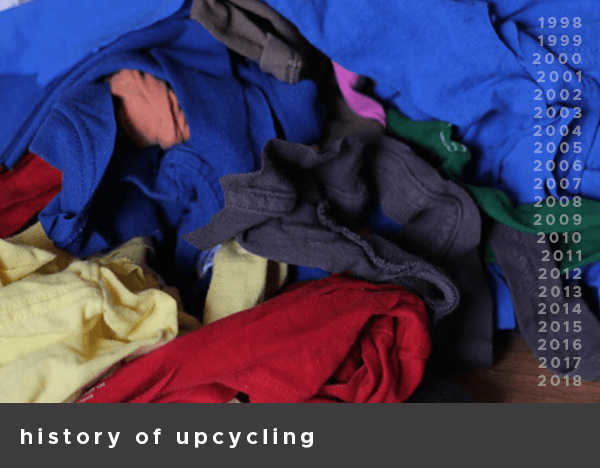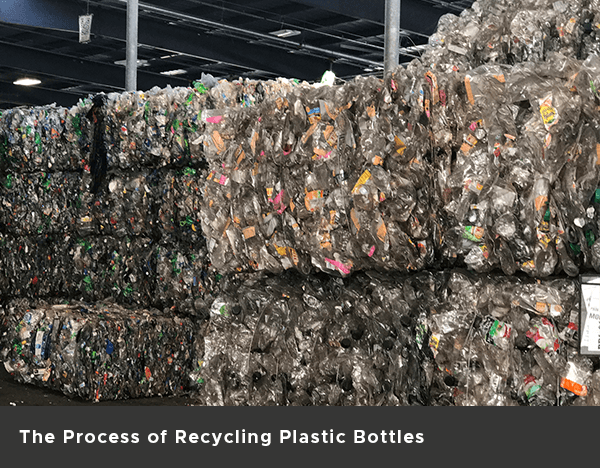
Recycled cotton is re-purposed, post-industrial or post-consumer cotton that would otherwise be deemed straight up: waste for the landfill. For example, imagine a factory that cuts patterns for clothing out of big sheets of fabric and has all the in-between pieces to discard. The scraps of such cut and sew facilities are post-industrial cotton “waste” that have the capacity to be recycled. Depending on how recycled cotton is used, it has the potential to greatly reduce water and energy consumption in sustainable fashion and apparel, as well as reduce landfill waste and space.
Certified organic cotton is cotton that is expected to have been grown without fertilizers and pesticides, with practices that promote biodiversity, biological cycles, and soil health. Cotton as a whole is considered to be one of the world’s “dirtiest” crops, covering 2.5% of the world’s cultivated land and accounting for 24% ($2.6 billion worth) of the world’s insecticide market. In terms of organic cotton, China, Turkey, and India are the world’s leading producers and sources. While organic cotton makes cotton cultivation “cleaner,” both organic and conventional cotton go through the same manufacturing process, which is water and energy intensive.
Working to re-purpose manufactured cotton that would otherwise be thrown away, Recover uses recycled cotton in their 100% recycled sustainable apparel. The way in which Recover uses post-industrial recycled cotton is better described as “upcycling.” Rather than degrading quality of product in the recycling process, upcycling involves taking unwanted material that would be waste and making it into a better product. By using recycled cotton in Recover products and innovating production, Recover’s manufacturing process results in a 35% reduction in greenhouse gas emissions, 66% reduction in energy consumption, and 55% reduction in water consumption compared to that of a conventionally dyed shirt. Constantly looking at the big picture, Recover keeps plastic bottles and post-industrial cotton scraps from going to the landfill and re-purposes them to make comfortable, soft, durable, and stylish apparel.







